
The God Who Trusts
"God loves to Trust" says holtzen. Explains that the God of open theism trusts and explores the implications in philosophy and theology.

The Future of Open Theism
Part one surveys the history, criticism, and diversity of views within open theism while part two applies it to various theological topics

The God Who Risks: A Theology of Divine Providence
Weaves together biblical, theological, and philosophical reasons for a God who loves creatures and seeks to elicit their cooperation but does not micro manage them,
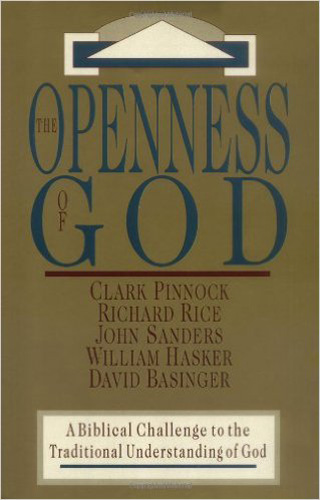
The Openness of God: A Biblical Challenge to the Traditional Understanding of God
"God, in grace, grants humans significant freedom" and enters into relationship with a genuine "give-and-take dynamic."

God of the Possible: A Biblical Introduction to the Open View of God
A through an examination of relevant biblical passages, this theologian-pastor presents an alternative “open view” to the classical doctrine on God's foreknowledge of the future
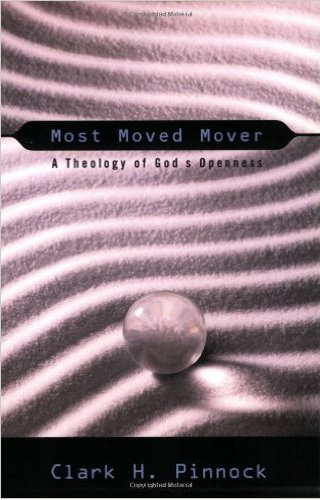
Most Moved Mover: A Theology of God’s Openness
Clark Pinnock argues that we need to have a view of God centered on God’s open, relational, and responsive love for his creation.
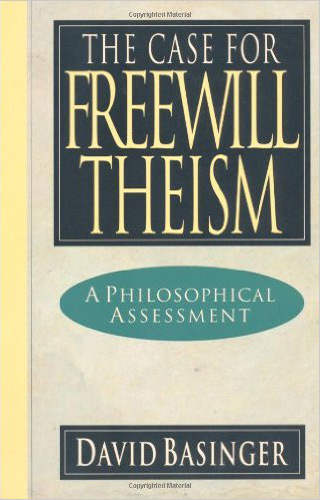
The Case for Freewill Theism
Can God intervene in this world, and if so, to what extent? If God intervenes, can we initiate such intervention by prayer?
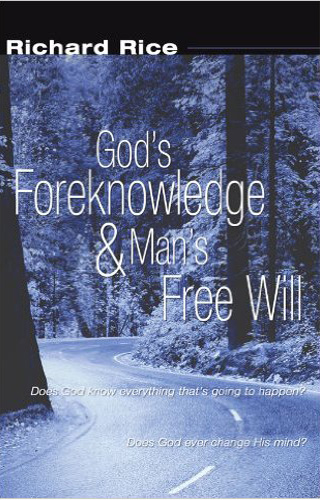
God’s Foreknowledge and Man’s Free Will
A brief treatise supporting the open view.
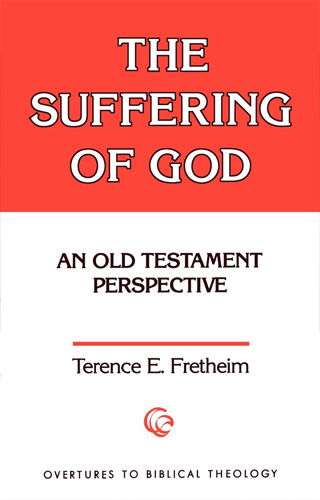
The Suffering of God: An Old Testament Perspective (Overtures to Biblical Theology)
Fretheim deals with the ideas of a God in the midst of his creation, of opening himself up to his creation allowing himself to be hurt by that creation, and a God who empowers his creation and desires his creation to work alongside him.
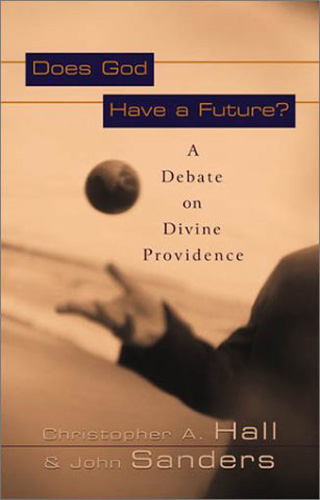
Does God have a Future? A Debate on Divine Providence
Sparked by the openness of God movement, the authors irenically debate over the nature of God and divine providence.
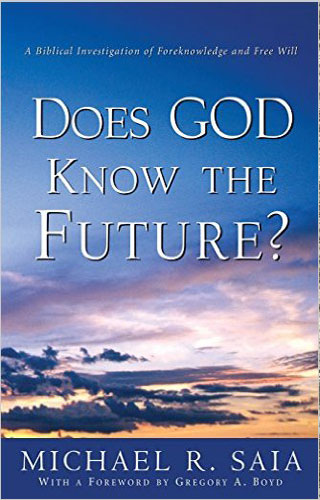
Does God Know The Future?
As Mike Saia masterfully demonstrates in this work, the traditional perspective is at odds with major portions of the biblical witness. For example, Scripture frequently depicts God as speaking and thinking about the future in terms of what may or may not be, not in terms of what will certainly be.

Providence, Evil and the Openness of God
A timely exploration of the philosophical implications of the rapidly growing theological movement known as open theism, or the “openness of God.”
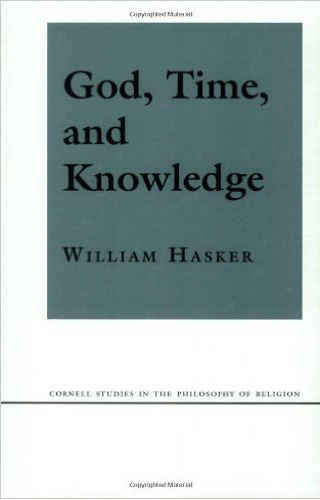
God, Time, and Knowledge
This is a very competent, thorough analysis of the conflict between free will and divine foreknowledge (or, on some acounts, timeless divine knowledge of our future). It is exceptionally clear.

God in an Open Universe
various essays explore subjects ranging from physics to prayer, from special relativity to divine providence, from metaphysics to evolution, and from space-time to God.
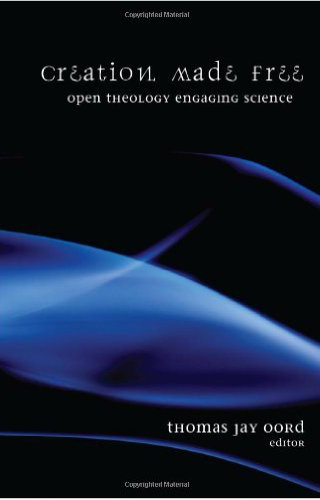
Creation Made Free
Open Theology offers an advantageous framework for engaging the sciences.
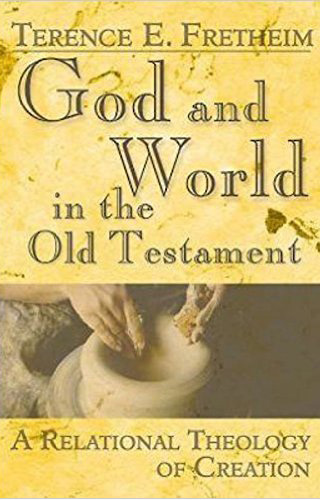
God and World in the Old Testament: A Relational Theology of Creation
Fretheim brings theology into conversation with such fundamental issues as ethics, suffering, ecology, and God’s interaction with the world.
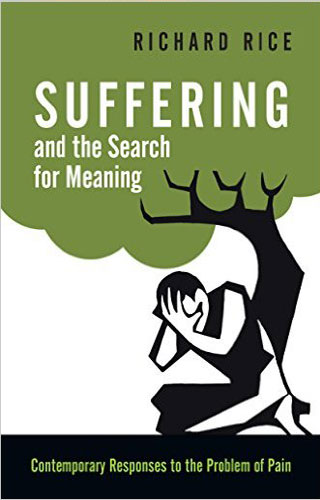
Suffering and the Search for Meaning
Suffering is a philosophical problem, but it is much more. It is deeply personal. Why is this happening to me? How can I respond to friends and family in pain and loss, and to people in my care?
